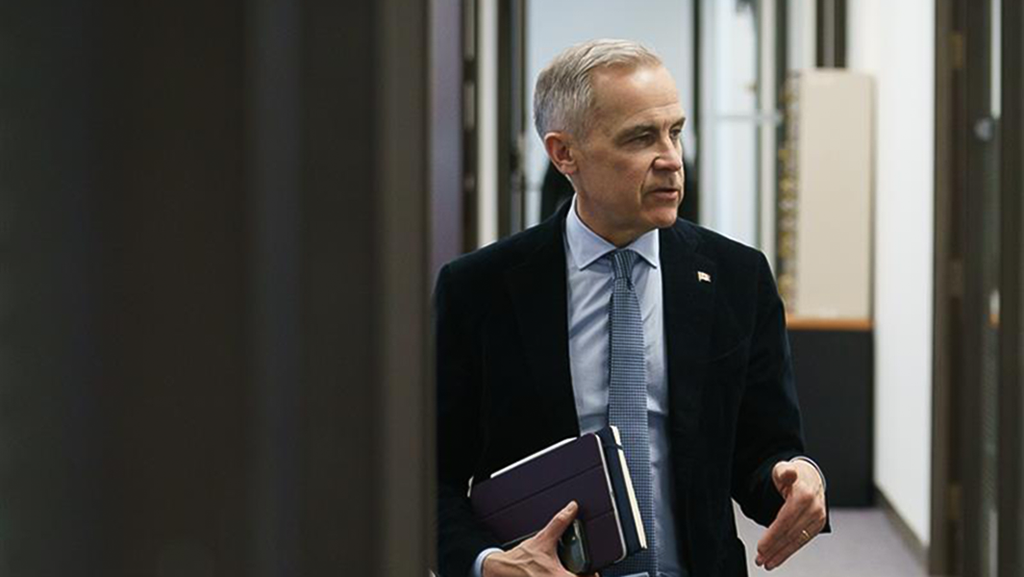OTTAWA – Prime Minister Mark Carney’s government introduced legislation Friday which would grant itself new powers to quickly push ahead major projects the federal cabinet deems to be in the national interest.
The bill, tabled in the House of Commons by Intergovernmental Affairs Minister Dominic LeBlanc, would give Ottawa the authority to draw up a list of large projects it wants to prioritize and expedite their federal approval.
Carney said it has become too hard to build new projects in Canada and vowed that this bill will change that.
“We’re in an economic crisis,” Carney told a news conference on Parliament Hill on Friday. “We’re still facing intensifying, unjustified tariffs from our largest trading partner and the best way to respond to that is to respond at home, build strength at home.”
The bill was a marquee election promise by Carney, who campaigned on a pledge to make the country an “energy superpower” and build up a more resilient economy in response to U.S. President Donald Trump’s global trade war.
The prime minister said he will do everything possible to get the bill passed this summer and did not rule out having Parliament sit longer.
That might be easier said than done. The House is only scheduled to sit for another two weeks and the Liberals are governing with a precarious minority, forcing them to seek the support of MPs from other parties to advance their agenda.
The legislation would create a new federal office to take the lead on streamlining approvals for major projects and task the intergovernmental affairs minister with overseeing the final permitting decision.
The government says the goal of the bill is to send a clear signal to businesses and quickly build up investor confidence.
The bill sets out several criteria to evaluate whether a project is in the national interest. They include the project’s likelihood of success, whether it would strengthen the country’s resiliency and advance the interests of Indigenous peoples, and whether it would contribute to economic growth in an environmentally responsible way.
The legislation comes with a sunset clause that forces a review of the law after five years. It also prevents new projects from being listed through this process after five years, unless the law is renewed by Parliament.
Carney met with the premiers earlier in the week in Saskatoon, where they privately discussed various projects the premiers want to see quickly launched — including pipelines, trade corridors and mining projects.
The new legislation does not touch on any provincial approvals that may also be needed for a project to go ahead.
©2025 The Canadian Press











Recent Comments